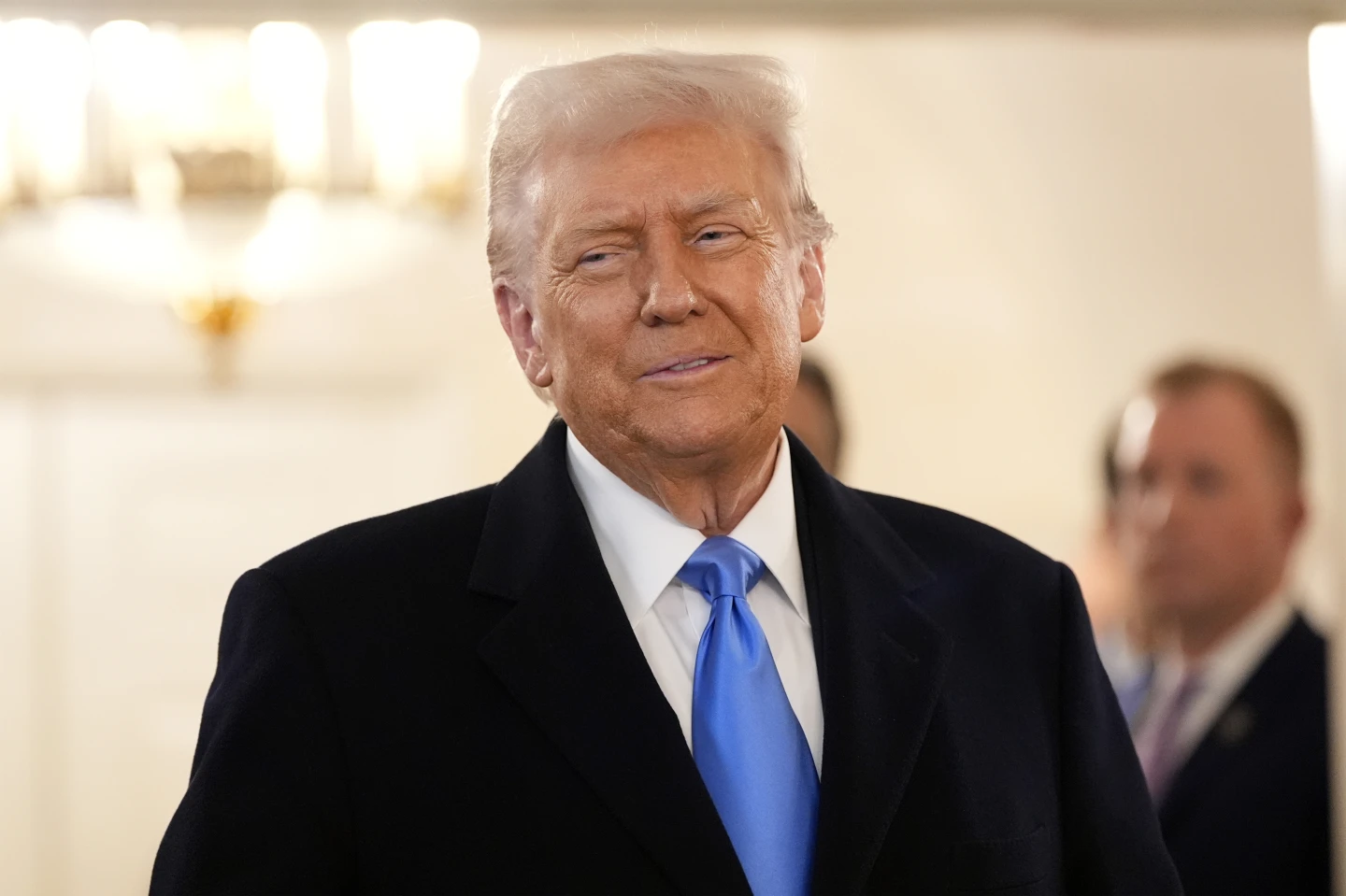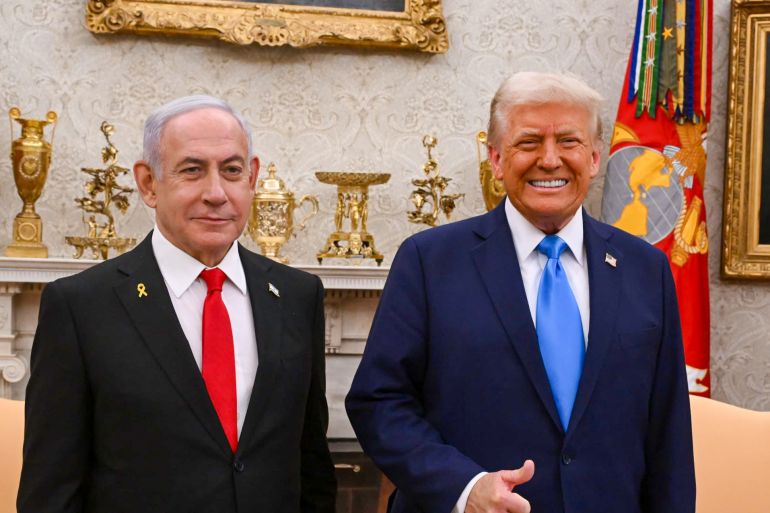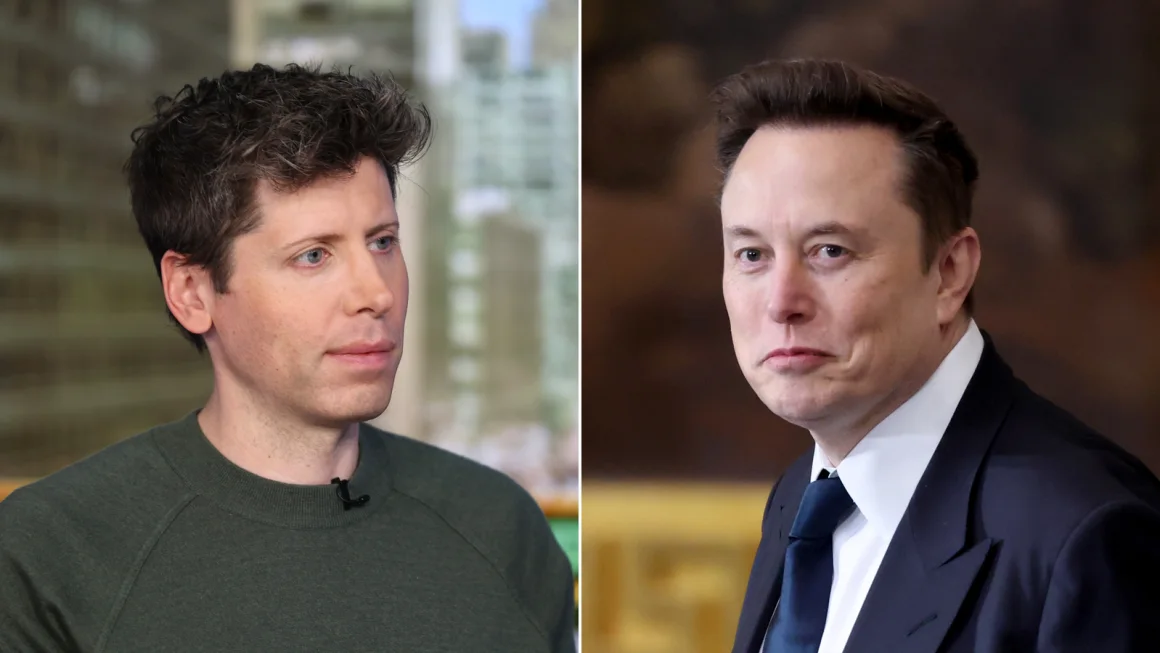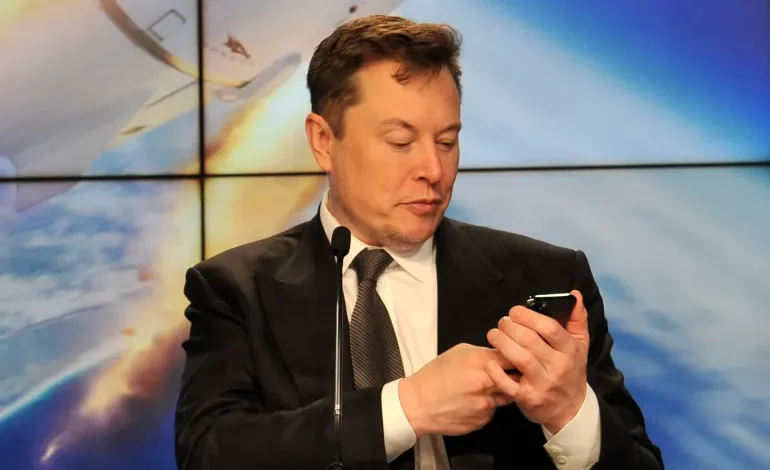The legal battle between Elon Musk and OpenAI took a step closer to trial this week, as a US federal judge indicated that parts of Musk’s lawsuit aimed at halting OpenAI’s transition to a for-profit entity may proceed, Al Jazeera reports.
Judge Rogers also ordered the Tesla CEO to appear in court and testify.
The ruling came as Judge Rogers considered Musk’s request for a preliminary injunction to block OpenAI’s conversion before a potential trial. This marks the latest development in the increasingly public and contentious dispute between the world’s richest person and OpenAI CEO Sam Altman.
Musk co-founded OpenAI with Altman in 2015, but departed before the company’s rapid rise and subsequently founded the competing AI startup xAI in 2023. At the heart of the lawsuit is Musk’s claim that OpenAI was originally intended as a non-profit dedicated to developing AI for the benefit of humanity, but has since become focused on maximizing profits.
Musk expanded his lawsuit last year to include federal antitrust and other claims, requesting the court to block OpenAI’s transition to a for-profit structure. OpenAI, on the other hand, argues that the transition is necessary to secure the significant capital required to develop cutting-edge artificial intelligence models.
Internal emails disclosed by OpenAI reveal a power struggle within the company in 2017, ultimately leading to Altman’s appointment as CEO. According to these emails, Musk also sought the CEO position but faced opposition from other co-founders who believed his dual role as a major shareholder and chief executive would grant him excessive control, particularly if OpenAI achieved its goal of developing artificial general intelligence (AGI).
OpenAI has responded to the lawsuit by stating its intention to dismiss Musk’s claims and suggesting that he “should be competing in the marketplace rather than the courtroom.” The company has presented evidence demonstrating Musk’s early support for the idea of OpenAI becoming a for-profit entity to facilitate fundraising for the hardware and computing power necessary for AI development.
The stakes of OpenAI’s corporate transition are significant, as a recent $6.6 billion fundraising round and a potential new round of up to $25 billion under discussion with SoftBank are contingent on the company restructuring to remove the non-profit’s control.
Experts note that such a restructuring would be highly unusual, as non-profit conversions to for-profit entities have historically been primarily for healthcare organizations like hospitals, not venture capital-backed companies.
Musk is not alone in challenging OpenAI’s for-profit transition. Meta Platforms, the parent company of Facebook and Instagram, has requested that California’s attorney general block the move, and the Delaware attorney general’s office is also reportedly reviewing the conversion.








